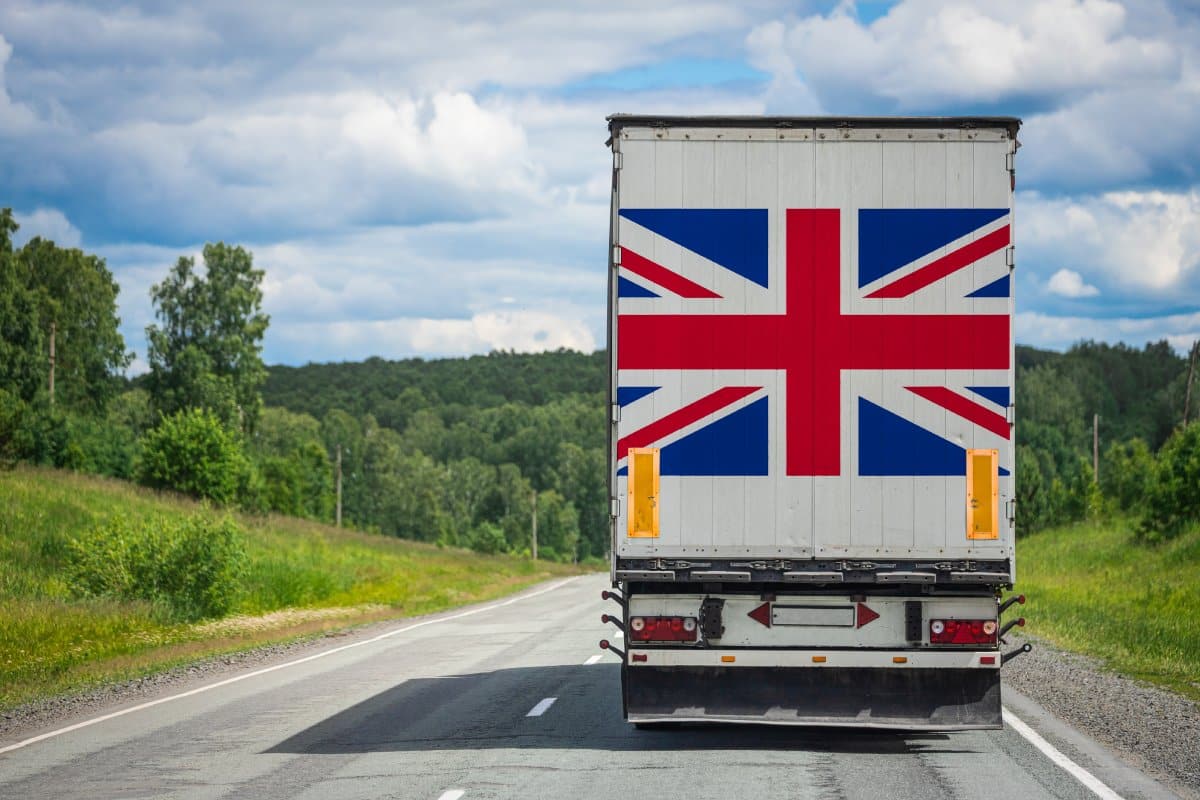Not every idea that thrives in the UK is meant for international success. Some of our most celebrated shows, products, and political ideas have bombed spectacularly when we’ve tried to share them with the rest of the world. Are we hopelessly out of touch, or is everyone else just missing the point?
1. Tesco’s Fresh & Easy: A Billion-Pound Blunder

Tesco tried to crack the U.S. grocery market with its Fresh & Easy stores, but the venture turned into a disaster. The chain lost £1 billion in five years before Tesco finally gave up and pulled out. Americans weren’t sold on the concept, which tried to blend British convenience with American expectations and ended up satisfying neither.
2. British Euroscepticism: Not Catching On
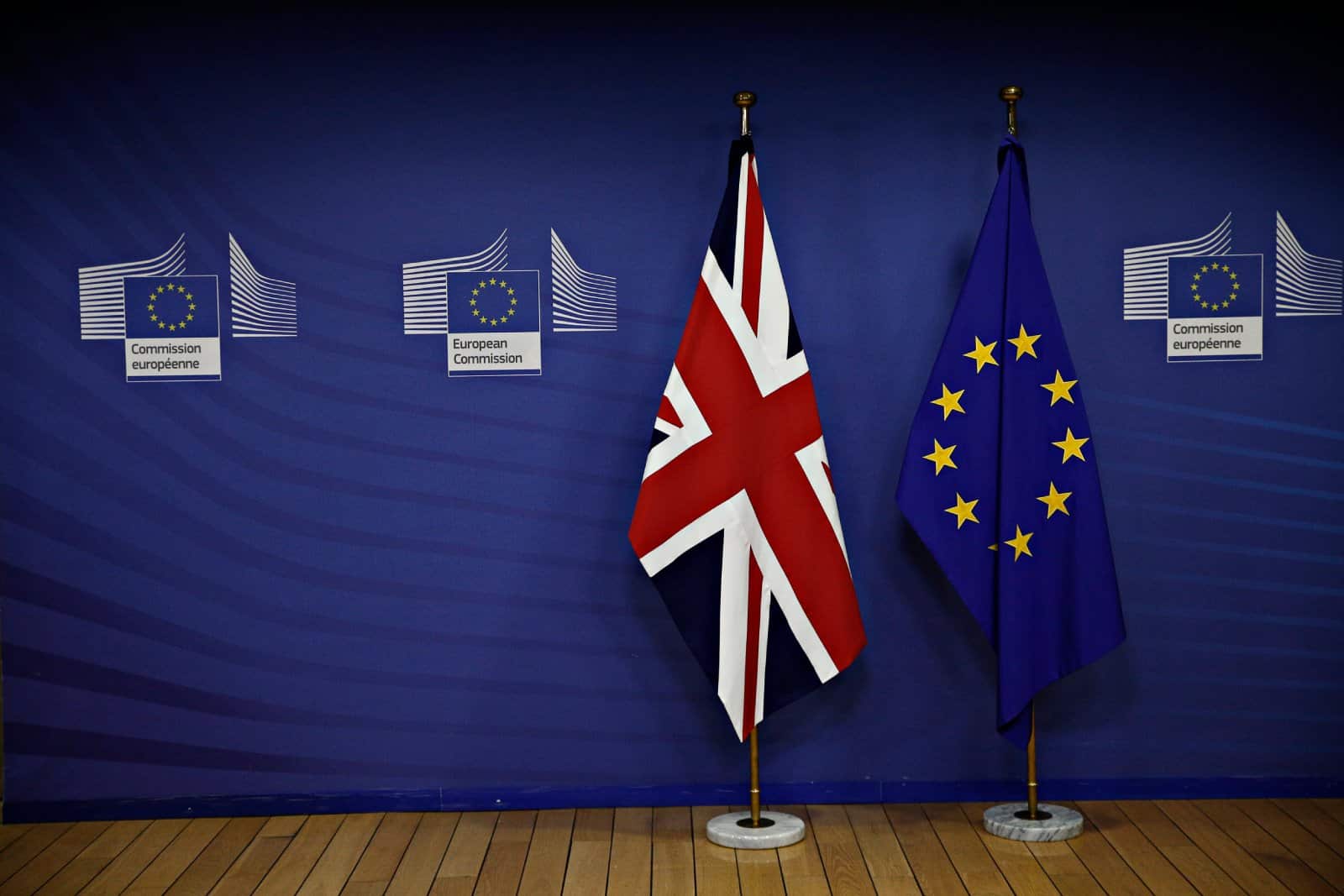
Britain’s fierce scepticism towards the European Union has largely remained a domestic affair. Attempts to stir up the same sentiment across Europe haven’t found much traction. Brexit didn’t inspire a wave of imitators—instead, it served as a cautionary tale for others.
3. The Labour Party’s Third Way: A Dead-End Abroad

Tony Blair’s Third Way, which combined free-market economics with social justice, revolutionised British politics. However, efforts to export this centrist vision to countries like the U.S. were a flop. American Democrats didn’t buy into the idea, finding it ill-suited to their political landscape.
4. Piers Morgan: Too Loud for America

Piers Morgan made a name for himself in Britain with his tabloid antics, but his attempt to conquer American television was a trainwreck. His stint as Larry King’s replacement on CNN was short-lived, with viewers quickly growing tired of his brash style. After plummeting ratings and public backlash, Morgan was sent packing—proving that his brand of controversy didn’t travel well.
5. New Labour’s Public-Private Partnerships: Rejected Abroad

The New Labour government’s love affair with public-private partnerships (PPPs) didn’t find many fans overseas. These schemes, which blended public funding with private business, were criticised for prioritising profit over public good. While they gained traction in the UK, other countries weren’t so eager to jump on the PPP bandwagon.
6. Alan Partridge: Awkwardly Lost in Translation

Alan Partridge’s painfully awkward humour is adored in Britain, but international audiences didn’t quite get the joke. Attempts to introduce the character abroad fell flat, with viewers failing to appreciate his cringe-inducing appeal. Partridge remains a cult figure at home but has struggled to find fans elsewhere.
7. British Tabloid Culture: Too Much for the World
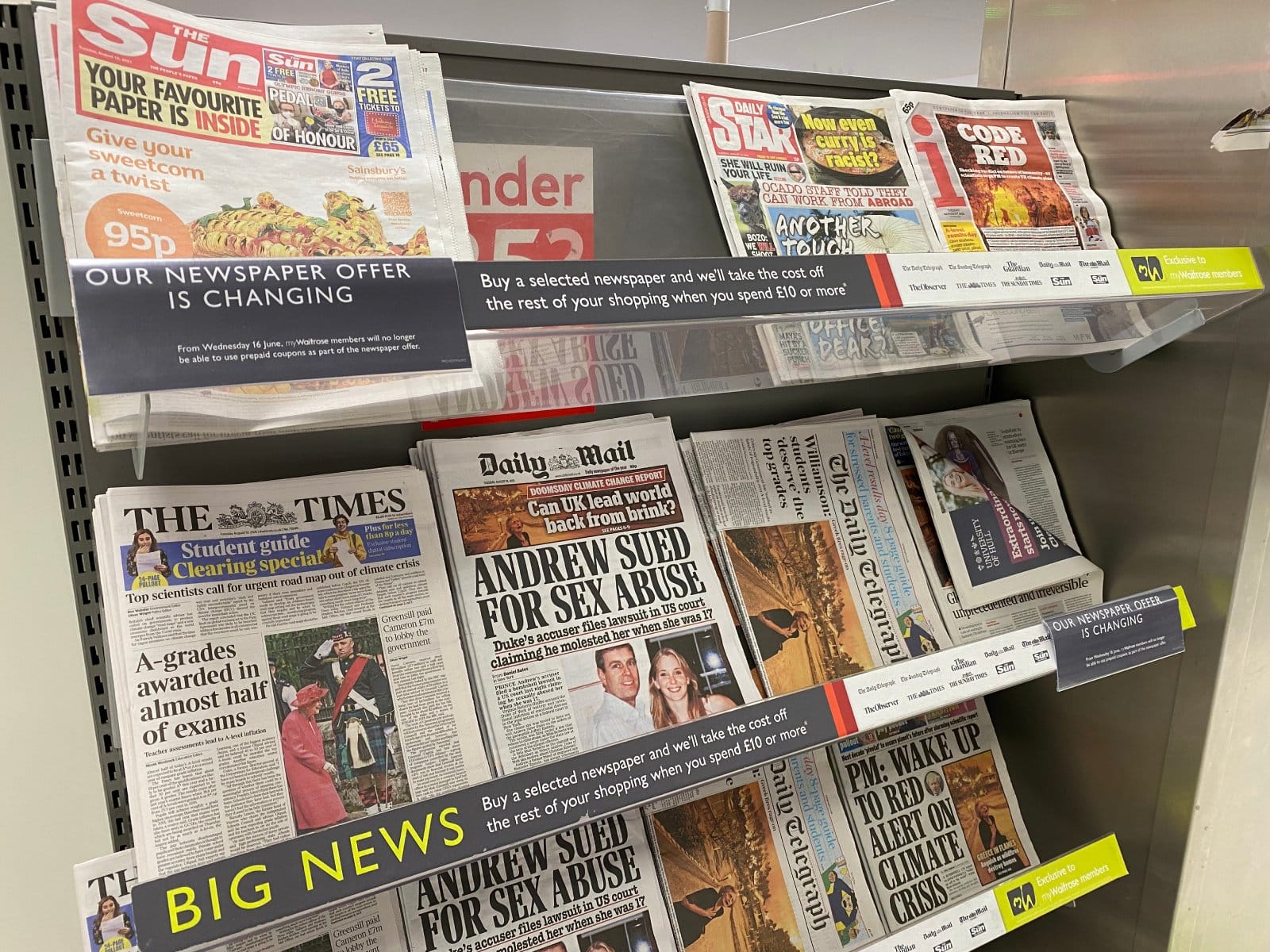
British tabloids are known for their outrageous headlines and intrusive celebrity gossip, but that style hasn’t gone down well abroad. When we tried to export the sensationalist tabloid approach, other countries weren’t impressed. The aggressive tactics that sell papers in the UK didn’t sit well with international audiences.
8. The Union Jack: Fashion Flop
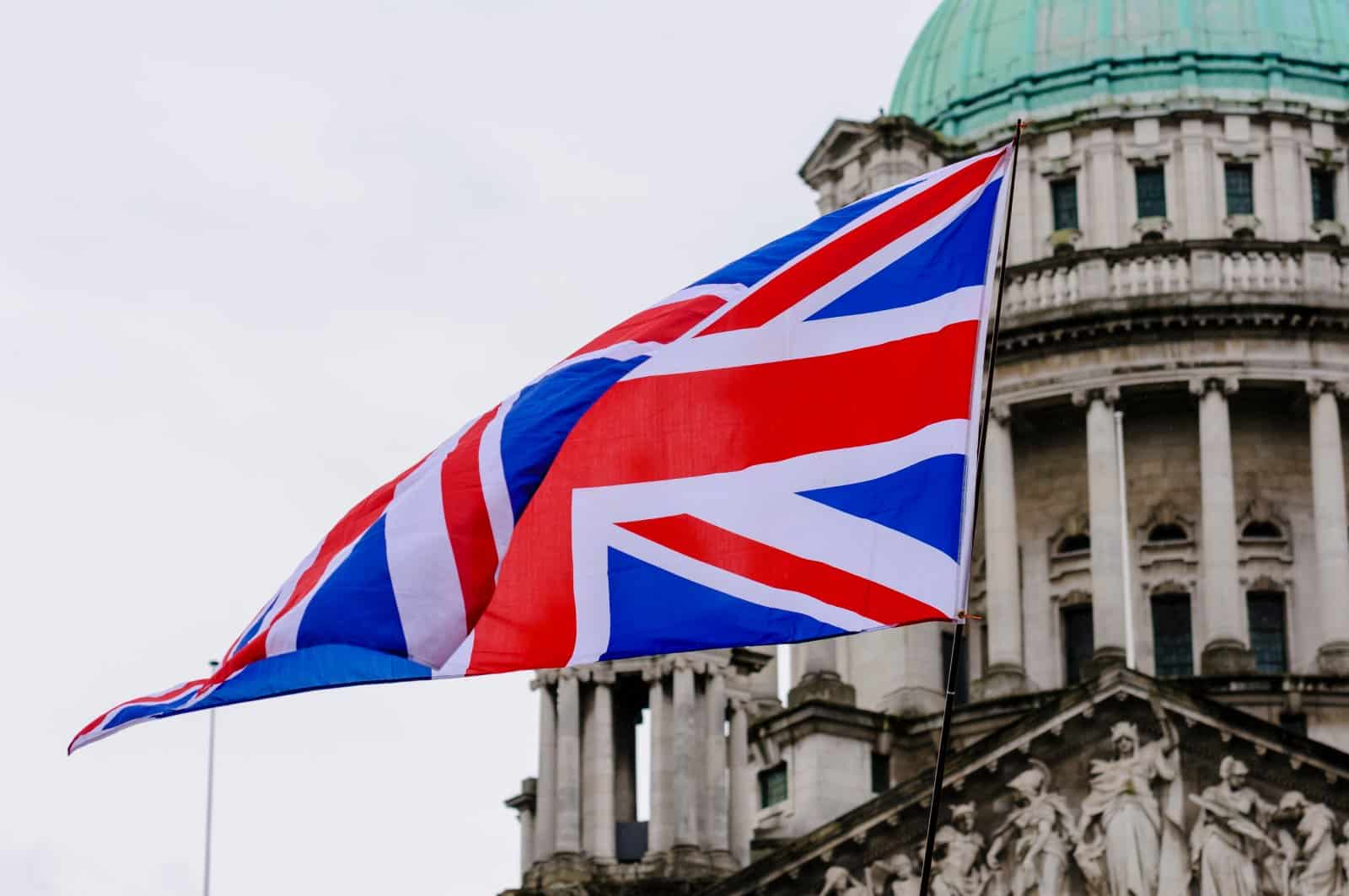
The Union Jack has been slapped on everything from clothing to furniture in Britain, but outside the UK, it hasn’t always been well-received. For many, the flag is a reminder of Britain’s imperial past rather than a trendy fashion statement. While Brits may proudly wave the flag, it hasn’t caught on as a cool accessory overseas.
9. The Office (UK Version): Too Dark for America

While the U.S. version of The Office became a massive hit, the original British version didn’t make quite the same impact abroad. Ricky Gervais’ David Brent was a bit too cringe-worthy for American audiences, who preferred Steve Carell’s more likeable Michael Scott. The UK version remains a critical success but never reached the same level of global popularity.
10. Have I Got News for You: Lost in Political Translation

Britain’s sharp political satire Have I Got News for You failed to hit the mark outside the UK. The show’s biting wit and current affairs-focused humour didn’t translate well in countries like the U.S., where political comedy tends to be more straightforward. It turns out that what makes Brits laugh can sometimes just confuse everyone else.
11. Fawlty Towers (US Remakes): Not Funny Abroad

Fawlty Towers is a British comedy classic, but multiple attempts to remake it for American audiences were complete disasters. U.S. versions like Amanda’s and Payne lost all the wit and slapstick that made the original a hit. Basil Fawlty’s charm didn’t survive the trip across the Atlantic.
12. Ben Sherman: Buttoned-up and Unwanted

Ben Sherman’s sharp-collared shirts are a staple of British fashion, but they haven’t enjoyed the same success in the U.S. Despite attempts to break into the American market, the brand has remained niche. American consumers just didn’t embrace the mod-inspired look in the same way Brits did.
13. Mars Bars: Too Sweet for American Tastebuds
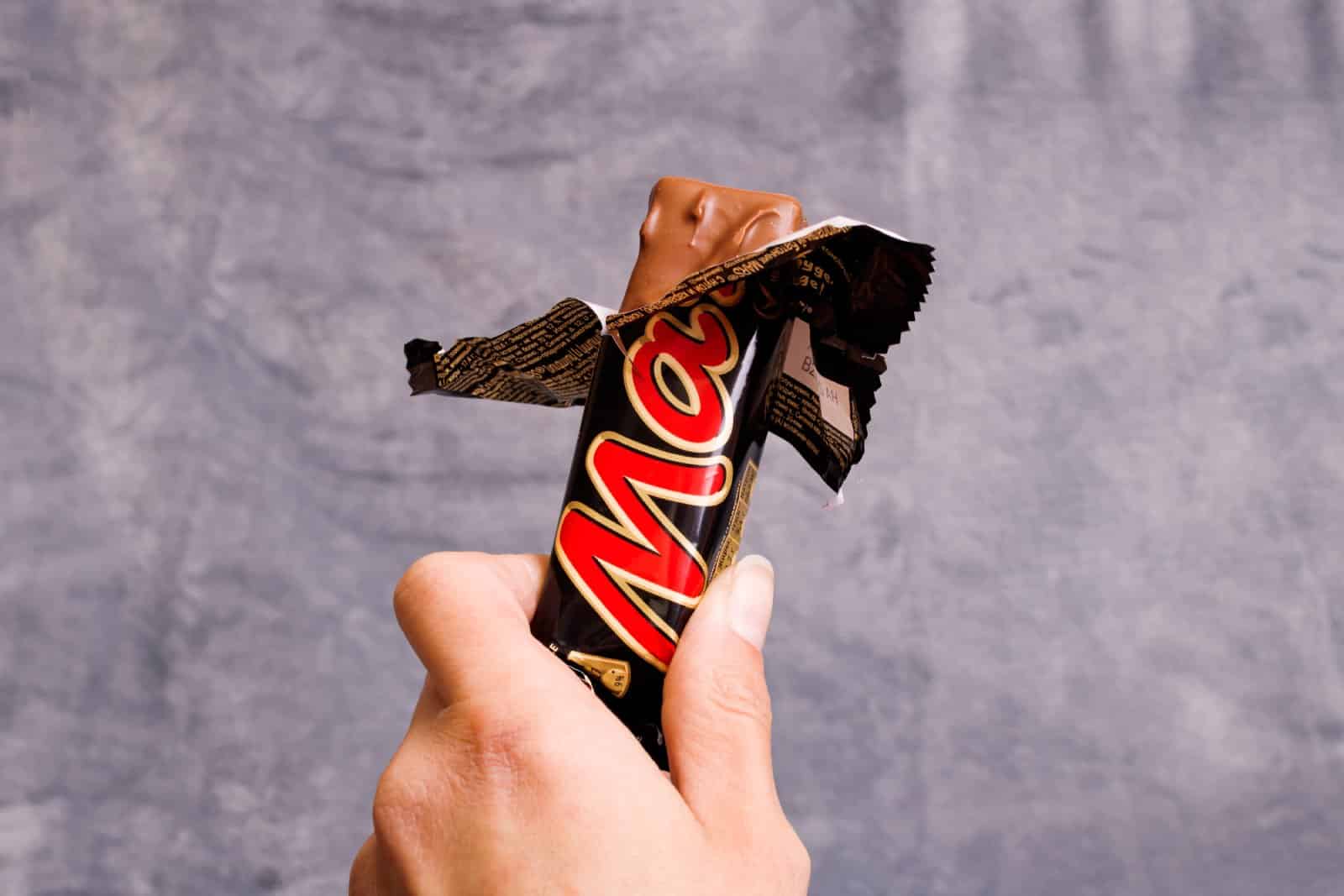
Mars Bars are a favourite in Britain, but when Mars tried to market the same product in the U.S., it didn’t go down well. The American version had to be reformulated as the Milky Way, which still doesn’t taste quite like the original. Even the sweetness levels didn’t match up to American expectations.
14. Top Gear USA: Missing the Magic

Top Gear is one of Britain’s most successful TV exports, but when the U.S. tried to create its own version, it flopped. The American hosts couldn’t replicate the chemistry and irreverence that made Jeremy Clarkson, Richard Hammond, and James May so beloved. Without the original trio, the show felt like a pale imitation.
15. Premier League Abroad: A Tough Sell

The Premier League might be the crown jewel of British sport, but it hasn’t always succeeded in winning over audiences abroad. In many countries, local football leagues or other sports take priority over the English game. Despite efforts to globalise the brand, football fans outside the UK aren’t always buying in.
16. Skins (US Remake): Sanitised and Soulless

The UK’s Skins was praised for its raw and gritty portrayal of teenage life, but the U.S. remake lost all of that edge. The American version was toned down and sanitised, stripping away the energy that made the original so compelling. It only lasted one season before being pulled off the air.
17. The Weakest Link (US Version): Too Mean for American TV

The Weakest Link was a hit in the UK thanks to Anne Robinson’s icy demeanour and cutting remarks, but that same formula didn’t work in the U.S. While the show enjoyed initial success, American viewers found Robinson’s style too harsh for prime-time television. The show fizzled out after a few seasons, proving that what works in Britain doesn’t always translate.
18. The British Curriculum: Not Always a Lesson in Success

Britain’s educational curriculum has been adopted by schools around the world, but it hasn’t always been a hit. The emphasis on exams, rote learning, and British history doesn’t resonate in every country. While the British education system works at home, it can seem outdated and out of touch when exported.
19. ITV’s Who Wants to Be a Millionaire? (Us Version): Losing Steam
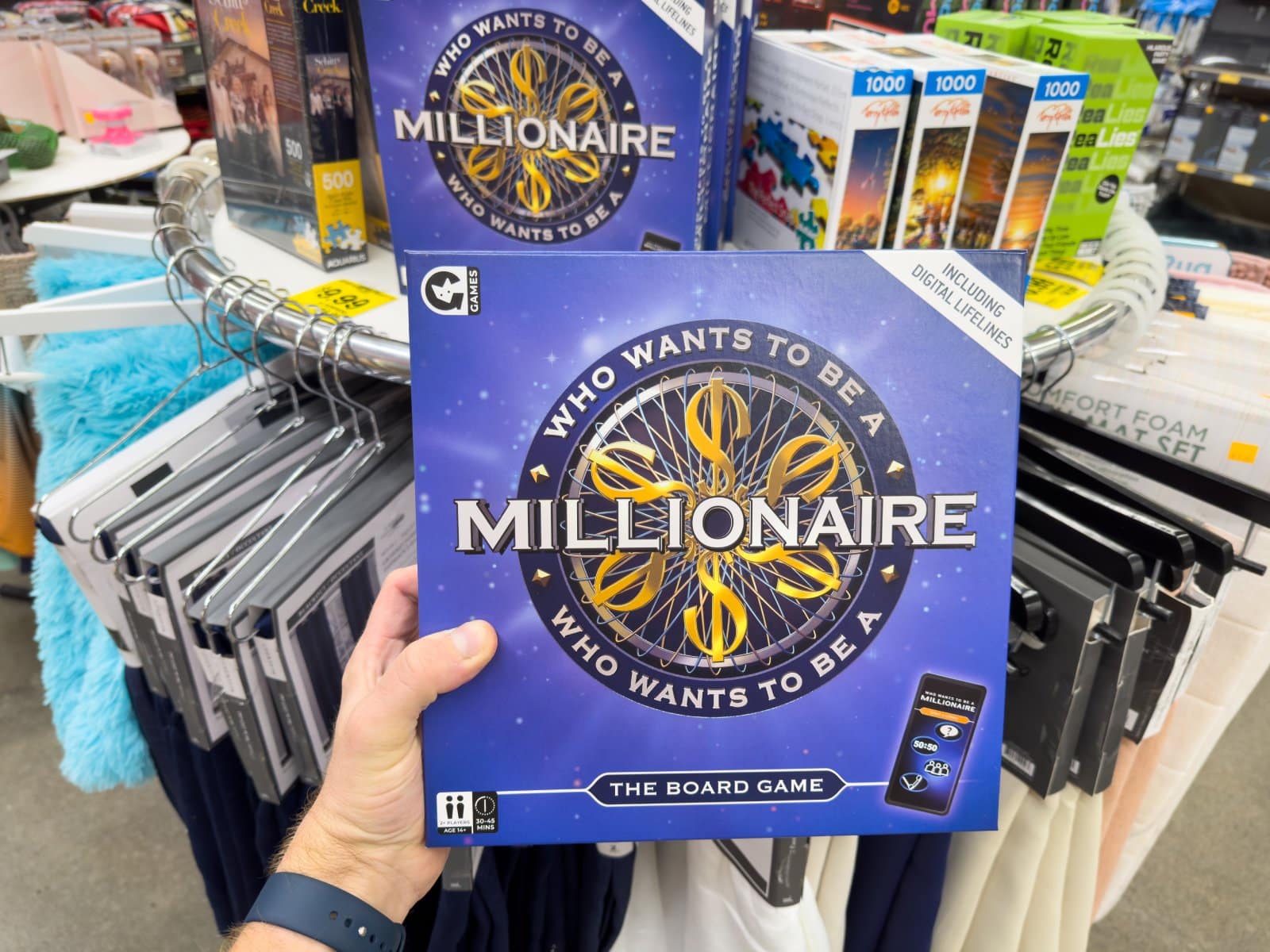
Who Wants to Be a Millionaire? was a groundbreaking hit in the UK, but when the U.S. tried to replicate it, the show’s magic quickly wore off. Although it started strong, the American version couldn’t maintain its momentum and was eventually relegated to daytime TV. The intensity of the original didn’t quite make the journey across the pond.
20. New Coke (K’s Influence): A Recipe for Disaster

The disastrous launch of New Coke in the U.S. was influenced by research done in Britain. Coca-Cola reformulated its iconic drink after taste tests in the UK, which led to one of the biggest product flops in history. American consumers revolted, and the original recipe had to be reinstated.
21. British Motorcycles: A Bumpy Ride Abroad

British motorcycle brands like Triumph have a loyal following in the UK, but they’ve struggled to achieve the same success abroad. In the U.S., where Harley-Davidson dominates the market, British bikes remain niche products. Despite their quality, they haven’t managed to break into the mainstream.
Not All British Ideas Make It Overseas

From political movements to cultural phenomena, Britain’s exports don’t always land with the intended impact abroad. Whether it’s a TV show that doesn’t quite translate or a product that just misses the mark, these 21 examples show that sometimes, what works at home flops when it goes global. Maybe some things are best kept on our own shores.
The Great Escape: Wealthy Brits Flee to Dodge Labour Taxes

As the UK prepares for potential tax reforms, the wealthy flee in droves to avoid paying their fair share, sparking a contentious debate over tax avoidance and economic unfairness. Here’s the full story. The Great Escape: Wealthy Brits Flee to Dodge Labour Taxes
20 Signs Millennials Are Rejecting the UK’s Woke Culture

Are Millennials across the UK starting to question the pervasive ‘woke’ culture? As they navigate an increasingly complex social and economic landscape, many are seeking more practical, nuanced approaches. 20 Signs Millennials Are Rejecting the UK’s Woke Culture
New Era: Labour Enforces Strict Immigration Control With Deportations and Convictions

More than 40 criminals and migrants are sent back to Vietnam and Timor-Leste. It’s a victory as a UK-based criminal gang is sentenced. Here’s the story. New Era: Labour Enforces Strict Immigration Control With Deportations and Convictions
Featured Image Credit: Shutterstock / Everyonephoto Studio.
The images used are for illustrative purposes only and may not represent the actual people or places mentioned in the article.

